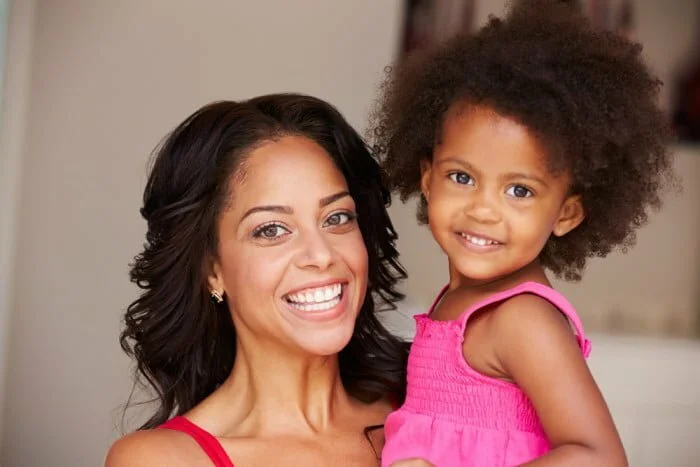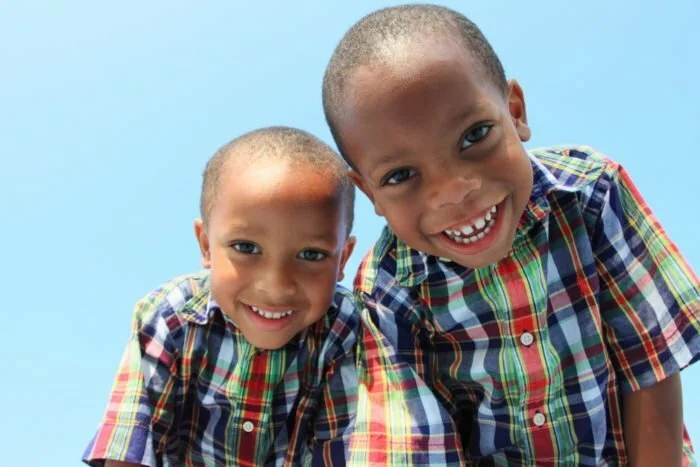Mamalettes sometimes have a hard time when it comes to how to discipline a child.
For example how many times have you held back the urge to beat up your naughty son/daughter?
What many parents fail to realise is that discipline is not about punishment. It’s about teaching and guidance, so discipline can and should start when the child is still very young.
Once a child becomes capable of interacting with his environment, whether by crawling or simply by touching and manipulating objects within his reach, the need to control and redirect his behaviour is more important.
At this stage, a child is still incapable of wilful rebellion; most of the behaviours that mom and dad tend to regard as wrong or troublesome is simply an expression of his desire to explore new things in his environment. The parent’s major responsibility during this phase is to ensure the child’s safety
Disciplining a child, can bring out the best and worst in us as parents, but it can also make us better parents. That’s because discipline begins with trust.
The child who trusts his mum or dad to give him food and comfort when he needs it will also trust them when they say, “Don’t ” And that’s also why, for children under age 2, discipline is more about building your child’s faith in you.
In your effort to discipline your child, remember these two things:
- Bad behaviour from children between the ages of two and six may be completely normal
- You have the ability to help your child learn how to begin to control him or herself
They say “charity begins at home”, so if you don’t discipline your child, you are rearing him to be a menace to the society and it is never too early to start, these are 9 steps to take towards training your child.
1. Be fast and safe
Discipline is different for each stage of your child’s development. For the young child between the ages of two and six, the main thing to remember is to keep the discipline simple and easy to understand.
Be fast by correcting any wrong doing immediately and safe by putting your child away from a place where he can hurt himself. You can send him to his room if that is safe for him since young children have a tendency to lash out when they are angry.
2. Be gentle but firm
You have to know that beating, swatting, and yelling are never appropriate responses. Harsh discipline will only scare her and can even cause an injury. Shaking a baby can cause life-long brain damage or death. If you feel angry, put your baby down in a safe place, like her crib or playpen, and give yourself a short break to calm down.
3. Reward good behaviour
Make certain there are always consequences for your child’s actions, both positive and negative. Throughout life, we all have to live with the consequences of our actions. When punishment is the centrepiece of discipline, parents tend to overlook their children’s best behaviours. Rewarding good deeds target behaviours you want to develop in your child, not things he shouldn’t be doing. This doesn’t mean you should give your child a gift every time he does something good, there are different ways to compliment good behaviour like saying “good job” when your child makes his or her bed although at times when your child does something extraordinary you may give him a bigger reward.
4. Attention
Kids need attention, plain and simple. If we don’t give them enough positive attention, kids will get our attention at all cost, even if it’s a negative one they get. They’ll push our buttons with negative behaviours because to a kid, even a negative attention is better than no attention at all. Just take a few minutes a day to spend time with your child one-on-one, and do something they want to do, this will encourage good behaviour in them.
5. Be Clear About Rules
If your rules are vague or discussed only when one has been broken, your child will have a hard time following them. So it’s up to the parent to make sure it’s clear to the child what is expected of him and what is not. Be sure to explain the rules of the house when you can speak clearly and your child is not too upset to listen.
6. Set Limits and Stick to Them
Kids thrive when they have structure and know their boundaries. Don’t go overdo it by setting hundreds of rules, but focus on what’s most important for your family.
Be clear about the ground rules and the consequences when someone breaks the rules. Also, make sure that everyone understands the consequences before they even do any wrong and that the discipline is related to the misbehaviour.
Consistency is important, kids of every age are smart and very adept at sensing indecision or wavering in parents.If you may want to back down for fear of ruining your child’s fun, remember that kids benefit from limits. Rules and structure give children the security of knowing their parents are watching out for them.
7. Give Them Choices
Kids at this age tend to feel like their lives are mostly mapped out for them on a day-to-day basis, so it’s important to give them some freedom of choice throughout the day.
Young children throw tantrums and become rebellious when you keep telling them what to do without leaving them any choice. So allow them to choose, allowing them is a loving form of discipline that can reduce their tantrum and acting. Example: “Junior would you like fruit or sweet?” Giving him a chance to choose gives him a sense of freedom.
Mamalettes, it is never too late to teach your children how to help with the chores, if your child is a little grown, he can help you with chores like sweeping, running errands in the house, helping you with the children and other small chores like that, it will even relieve you a little. Besides if your child is not used to helping you, he might see it as punishment later in life and might never adjust.














